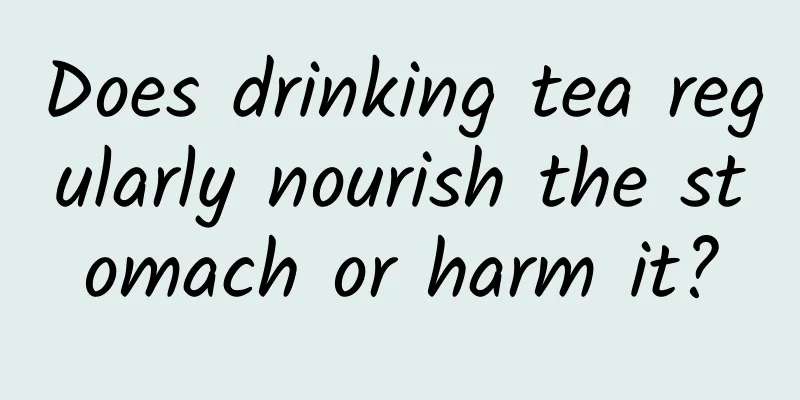How to use postpartum care pads

|
During the postpartum period, which is the confinement period, women will have lochia. Therefore, nursing pads need to be used during the postpartum period. Of course, not everyone will use postpartum care pads, and if the care pads are not used properly, it will have a certain impact on women's private hygiene and physical health. Next, I will introduce to you how to use the postpartum nursing pad. 1. Definition of postpartum nursing pad Postpartum nursing pads are medical-grade personal care products specially designed for mothers after childbirth. 100% pure cotton, protecting local sensitive skin; adding national secret formula, removing blood stasis and promoting regeneration, preventing postpartum infection; 100,000-level sterilization standards and pharmaceutical-grade manufacturing technology, safe and antibacterial. Postpartum nursing pads can effectively prevent clinical problems that may occur during the postpartum period. Postpartum nursing pads are essential personal items for pregnant women after childbirth. In the first half of the month, a large amount of lochia will flow out every day. Ordinary sanitary napkins are unhygienic and too small to meet the needs. At this time, professional postpartum nursing pads are needed. 2. How many postpartum nursing pads are needed? Generally speaking, for ordinary mothers, 1 pack is enough. A pack of nursing pads contains about 10 pads. Pregnant mothers can prepare a pack of nursing pads and a few packs of sanitary napkins to cope with the entire postpartum period. At the same time, nursing pads can be used not only by mothers but also by babies. When changing the baby's diaper, you can put it under the baby's butt to prevent the baby from wetting the bed. However, the number of nursing pads needed varies from person to person. Some mothers have less lochia and may not use up one pack, while some mothers have a lot of lochia and may need more than two packs. Therefore, expectant mothers can gradually increase the amount according to their own situation, so as to avoid waste and reduce economic losses. 3. Usage of maternity care pads Maternity care pads are essential close-fitting sanitary napkins for mothers after childbirth. After giving birth, a large amount of lochia will flow out every day in the first half month, and ordinary sanitary napkins cannot meet the needs. At this time, special maternity care pads are needed. The maternity nursing pad is generally used from the first day after delivery to the entire postpartum period when bleeding and lochia are discharged. |
>>: Is it normal to have dark labia?
Recommend
Can I eat hard food during confinement?
The main purpose of the confinement period after ...
Can women eat maca to enlarge their breasts?
Maca is a cruciferous plant. It is a natural food...
What to do if the IVF follicles do not grow
In vitro fertilization has become increasingly po...
Does cooler weather affect the spread of the virus? Why is it not easy for the coronavirus to die in low temperatures?
The emergence of the new coronavirus has plunged ...
How to quickly recover from cracked nipples for new mothers
When women just become mothers, due to lack of kn...
What causes adnexitis?
Adnexitis is not unfamiliar. Adnexitis is a very ...
Is grade 3 breast nodule serious?
Grade three breast nodules are a very serious con...
What are the sequelae of corpus luteum rupture?
Corpus luteum rupture is an acute gynecological a...
Regaining a new life | How can patients with spinal cord injury break through limitations with the help of rehabilitation assistive devices?
Spinal cord injury patients, application of rehab...
What happens when menstruation occurs after menopause?
Menstruation is something that every normal woman...
What causes cervical pain?
The structure of a woman's uterus is relative...
Causes of menopausal uterine bleeding
Menopause is a special stage. Women in this stage...
Lower abdominal pain after female urination
Women may feel lower abdominal pain after holding...
Facing anesthesia during surgery in a romantic way
Wang Jianyu, Anesthesiology Center, Beijing Anzhe...
What causes snoring? What to do if you snore
Some people often snore when they sleep. In fact,...









